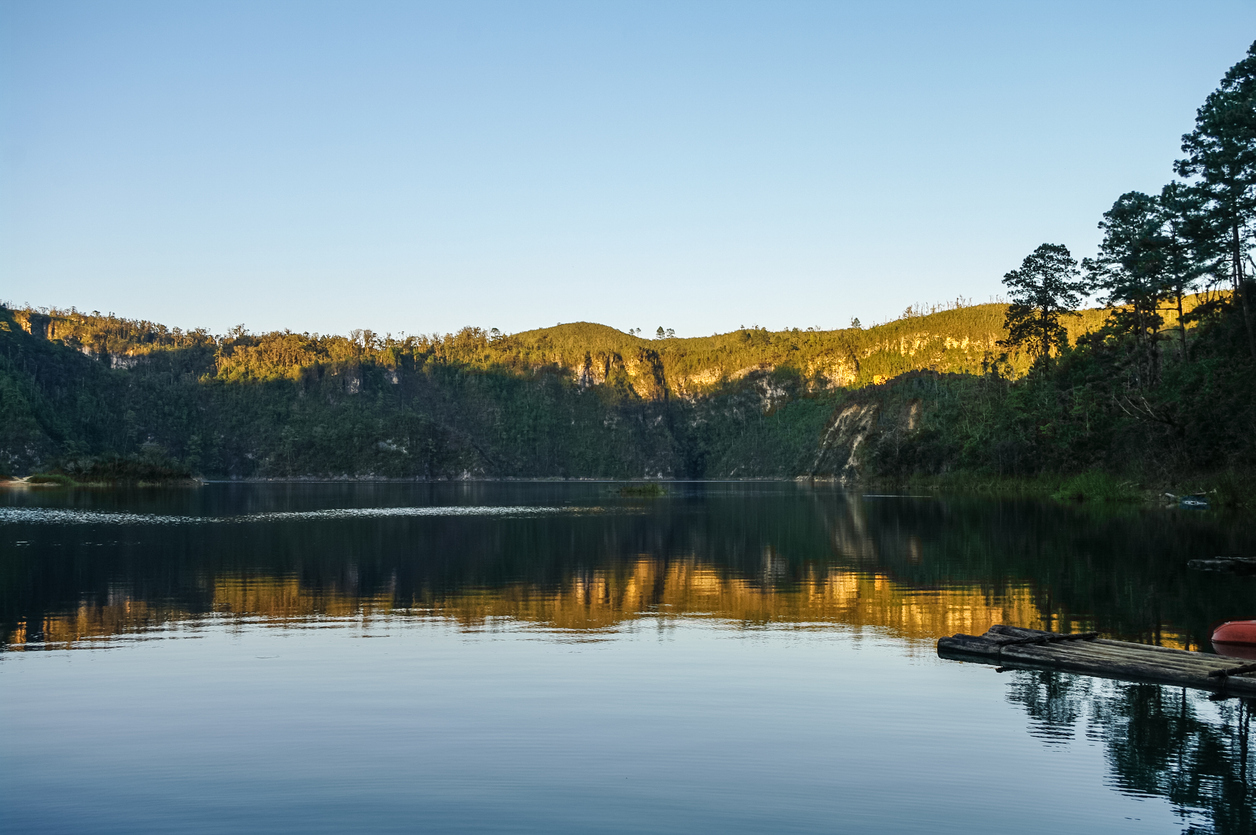
Over 50 per cent of world's largest lakes losing water: Study

A new study has shown that more than 50 per cent of the largest lakes in the world are losing water, and not so surprisingly due to warming climate and unsustainable human consumption.
Published in the journal Science, the study is the first comprehensive assessment of trends and drivers of global lake water storage variability that has been based on an array of satellites and models, said lead author Fangfang Yao, University of Virginia, US.
He said this new method of tracking lake water storage trends and the reasons behind them could provide water managers and communities insight into how to better protect critical sources of water and important regional ecosystems.
Motivated by environmental crises such as the drying of the Aral Sea between Kazakhstan and Uzbekistan, Yao and colleagues from the University of Colorado Boulder (US), Kansas State University (US), France, and Saudi Arabia set out to measure changes in water levels in nearly 2,000 of the world’s biggest lakes and reservoirs, representing 95 per cent of the total lake water storage on earth.
For the study, the team created a technique by combining three decades of observations from an array of satellites with models to quantify and attribute trends in lake storage globally.
They surveyed the area of 1,972 of earth’s biggest lakes by using 2,50,000 lake-area snapshots captured by satellites between 1992-2020. Collecting water levels from nine satellite altimeters and using long-term water levels, the scientists reconstructed the volume of lakes dating back decades.
Also read: Scientists find new evidence for liquid water beneath south pole of Mars
The results were staggering, they said, as they found that 53 per cent of lakes globally experienced a decline in water storage.
By leveraging recent advancements in water use and climate modelling, climate change and human water consumption were found to dominate global net decline in natural lake volume and water losses in about 100 large lakes, Yao said.
“And many of the human and climate change footprints on lake water losses were previously unknown, such as the desiccations of Lake Good-e-Zareh in Afghanistan and Lake Mar Chiquita in Argentina,” said Yao.
Lakes in both dry and wet areas of the world are losing volume, the researchers said. The losses in humid tropical lakes and Arctic lakes indicate more widespread drying trends than previously understood.
Further, assessing storage trends in reservoirs, the researchers found that nearly two-thirds of earth’s large reservoirs experienced significant water losses.
“Sedimentation dominated the global storage decline in existing reservoirs,” said Ben Livneh, also a co-author, and associate professor of engineering at CU Boulder. In long-established reservoirs – those that filled before 1992 – sedimentation was more important than droughts and heavy rainfall years.
Also read: Reclaiming water through recycling the best way ahead
While the majority of global lakes are shrinking, 24 per cent saw significant increases in water storage. Growing lakes tend to be in underpopulated areas in the inner Tibetan Plateau and Northern Great Plains of North America and in areas with new reservoirs such as the Yangtze, Mekong, and Nile river basins, the study said.
Lake Sevan, in Armenia, has seen an increase in water storage in the last 20 years, which the authors linked to enforcement of conservation laws on water withdrawal since the early 2000s.


